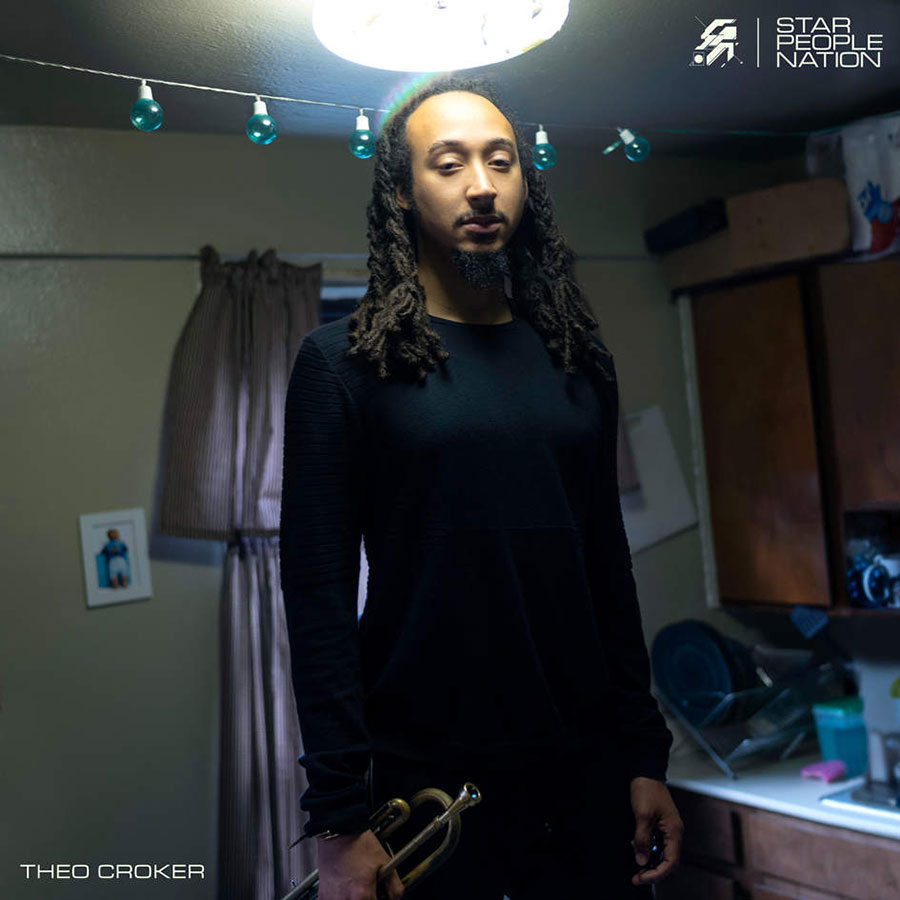

With Star People Nation, Theo Croker delivers us an epic tale, right in its day.
Spectators at the New Morning, Paris, last March, during Theo Croker‘s presentation of his latest album, Star People Nation, felt in the air that something was happening. In the overheated, electric and attentive atmosphere, the simple curious, like the connoisseurs, exchanged admiring glances.
Who is this young trumpet player who has a real look, a presence on stage and reminiscent of the heroes of the Pandora planet (see Avatar)?
Certainly, he is already a great musician, coming from another planet but with his feet firmly anchored on this earth and living in harmony with his time, aware of the issues and the problems of society …
His roots are firmly attached to tradition. (His grandfather was the famous trumpet player: Doc Cheatham, Theo is a demiurge who has things to say, not just with his instrument or about his art, the exclusive interview that follows and that he wanted to give to Couleurs Jazz, proves it.
The Jazz fundamentals are here, undoubtedly: the academicians and the proponents of the classic are so reassured, but its artistic expression is resolutely contemporary, even futuristic. These sounds challenge, interrogate and enchant us at the same time, but never divert us.
“Music can be intellectual, incredibly sexual and fun, and all that at the same time,” Theo Croker says. “It can also contain a message. I want to address all these feelings. This album is supposed to inspire others to accept themselves and the community. As global citizens, we can all be part of the Star People Nation … ”
This album is an important vintage in Theo Croker‘s young production. It must be one of the major albums of the discotheque of any self-respecting jazzophile.
It is an evolution of his first albums, Afro Physicist and Escape Velocity which had already seduced us by so much creativity and maturity.
“Escape Velocity” was a spiritual journey, “says Theo Crocker. “Star People Nation” is a renaissance. I had in mind very specific objectives in creating this album. As a musician, I wanted to reach a certain technical level. The album also needed a clarity of sound identical to that of an album of electronic music or pop, where the sound is clear but intense. He also needed the groove and energy of hip hop and rap; sensuality and color of the R & B; and the harmony, depth, stimulation and subtlety of jazz. I wanted him to feel landscapes, cosmic, urban and wild at the same time. To get there, I completely exposed myself.
What makes sense, too, is Theo Croker’s natural and benevolent leader position, but also the perfect cohesion between the different members of the band. All this to slip at this stage of this chronicle, the list of interpreters.
Theo Croker (trumpet, samples, keyboards),
Irwin Hall (saxophones),
Michael King (piano, keyboards),
Eric Wheeler (bass),
Kassa Overall (drums, percussions).
But I prefer to give the floor to Theo Croker who also talks about his fellow travelers during the exclusive interview he gave us, during his last stay in Paris, in Sony Music France offices.
INTERVIEW
Couleurs Jazz: Hello Theo Croker! Can you tell us about your new project, please?
Théo Croker: This new album is called Star People Nation. It’s a continuation, the closing of a chapter we started with the first album “Afro Physicist” which was the music I was working on and reworking when I met Dee Dee Bridgewater, who produced it; then “Escape Velocity” a kind of feature and focus on the band that I created after meeting Dee Dee and touring with her. And a kind of focus on my ability as a composer and mixing electronic sounds with jazz. So now we have “Star People Nation” which is about me telling my story as an artist and a trumpet player, focusing the composition on myself. And of course mixing the electronics and fully producing it myself, as usual.
CJ: When you talk about electronics and jazz, don’t you think that electronics is a part of jazz or that jazz is also electronics?
TC: I do. I don’t see it as separate. Of course, I like acoustic jazz. But I don’t see any problem with using electronics in jazz. It just seems natural. Jazz is supposed to reflect the present. So it has to be present. I don’t feel innovative for doing that. It’s just trying to master it like that.
CJ: Let’s talk about your bandmates?
TC: Yes, I started with this quartet in October 2018. But the bass player (Eric Wheeler) and pianist (Michael King) have been playing with me for years. The drummer I had [before] had to go to different projects, his own projects, so I recruited Kassa Overall. He was a student of Billy Hart and was in the band of Joey di Francesco when I met him and heard him. He is super young, 23. Which is not so young, but he is 10 years younger than me! (Laughs)
That’s how old I was when I started touring with Dee Dee. So it’s really interesting to show someone younger how to tour. He is a great drummer with a great understanding of West African rhythms and West Indian rhythms as well as swinging in jazz. He has a very floaty way of playing the beat. It’s not just square or precise. It’s very open, but it’s also accurate. So we know where it is all the time. The bass player is a gentleman of my age named Eric Wheeler. I’ve been playing with Eric since I started touring with Dee Dee. He is an amazing bass player, one of the most popular bass players in New York City. So I always have to book him early!
CJ: Can you tell us about your first meeting with Dee Dee Bridgewater? Was it in Asia?
TC: It was in China. The first meeting with Dee Dee was in 2009. I didn’t have this band, I had a different band then.
CJ : Apparently, she had the same feeling about you that we had the first time she heard your music…
TC: I think, from how she tells it, that when she saw me she was curious: “What are you doing, what are you doing here ? … And what else are you doing” And she wanted to know more; so I showed her everything I was doing, and then I think it inspired her: “from what you do, from what you know, if you want to go further, you’re going to need to know what I know and somebody needs to show you those things. You’re not going to get those things on your own. Since you have all this music and all these concepts together, let me help you take that to another level”. And she did just that. Not only with a record — she took me and my band on tour for four or five years almost. Back then, promotors wouldn’t hire me. Dee Dee said, “So if you aren’t going to hire him, I’m going to show you how he can play”!
CJ: Obviously there are common points between Dee Dee and you : for instance, both of you are not only great musicians, virtuosos, but you have something in mind too. Something to say through your music, that much is clear. But not only, something to say in words too. Would you translate this for us?
TC: Yes – I like to talk! I think Dee Dee saw in me a younger her. I think she saw somebody who can do what she does. Same type of drive and ambition. I think that’s why she chose to help. Because she didn’t have to. She spent a lot of time and money, that she did not make back. So she really cared.
And that really inspires me to work hard and continue to push. And I take some of the things I’ve seen her do for me and I apply it to how I treat younger people with that kind of support I got from her.
CJ: Do you believe that jazz promotes values that are not just musical but also human values?
TC: Absolutely. I mean, jazz represents freedom of choice, it represents brother- and sisterhood. You know, you have to work together, you can’t play jazz by yourself. If you are playing by yourself, that’s not jazz. So you have constantly to negotiate to keep the music sounding good yet also be true to yourself. You have to insert yourself into a group, make sure that you are always serving the greater good of the group. Those are very important principles. Then you have to know how to travel, look after each other, take care of each other. So you learn a lot about life, by travelling and playing jazz.
CJ: Jazz is all about playing together…
TC: Anytime I’m playing music, my objective is to collectively create. I want to creatively inspire the musicians I’m working with, as well as explore my own creativity. To me it’s all about working together.
CJ: What is your opinion about the evolution of music and jazz?
TC: I think the evolution of music is more technology-based and definitely inspired by the marketplace now. So I think that the danger music faces now is remaining relevant to hire real people such as ourselves. Music has often served as a catalyst for social change. But if we start not taking music seriously, there is a danger of losing one of our ways to express messages and inspirations and support for life as a purpose. Like our higher purposes of family, community, education. You know music has always been a part of that. I see it evolving that way, in both ways: becoming something very about the money and very marketed. You know – bullshit. And on the other side, music which serves people, like it always has, spiritually and intellectually.
CJ: You did not choose mainstream music, which is the most bankable. Jazz is not that category of music. You chose a different path, which is very courageous. How do you deal with that?
TC: Well … I don’t know! I did not choose the bankable path because that path did not choose me. So I’m doing what I’m supposed to be doing, and I believe in that. I don’t subscribe to making anything bankable, quite the opposite. Asking me or encouraging me to do that will cause me to go further the other way. I am an artist who’ll never accept to be controlled.
CJ: That is exactly the feeling we got from listening to your music. We could tell that you had things to say.
TC: Yes, exactly. As a band leader, my job is to inspire musically and push the band harder. But a show is never about me being the seigneurand showing people how I play. It’s about showing everybody what we can achieve together, with the group working together. You can feel that and hear that. Therefore, my intensity serves the purpose for everybody, and it’s the same for everyone: the pianist, the drummer work for everybody. If we disrespect those roles, or if we try to make one person more important, the music becomes off balance and the message not clear. My job is to help everybody stay focused. And me too!
CJ : Last general question : What is your definition of jazz? There are so many.
TC: Oh man… My own definition of jazz is an understanding of a tradition or legacy, a commitment and practice of being present and an openness to the future.
CJ : And last last one… Is there a question you would like to answer but that you never get asked?
TC: I guess… What has making music done for myself? What has it meant for me? Not what I want people to hear or what am I trying to do or represent but what has it done for me?
CJ : That’s a good question! Can you answer it?
TC: (laughs) Thinking about it. Music has taught me discipline, where I had none. Music has taught me respect, how to respect culture, people’s culture, how to respect people’s opinions, and people’s existence. It also taught me how to focus and dedicate myself to something completely. When I was young, I had a problem doing that. It also taught me how to be open-minded and accepting of other people and their opinions. That’s what the journey of music has done for me.
CJ: It is true that being a musician is a tough job.
TC: Yes, it is hard. It’s a hard life style. It looks great, but for many people it looks like we are just having fun. They really have no idea. The part where you perform is fun. I mean a lot of it is fun but…
CJ : How much time do you devote to practicing your instrument?
TC: It depends: on a good day 4, 5, 6 hours. On a day like today when I travel, I can’t. These kind of days are getting to be more than the other days. So, the busier my career gets, the less time I have to play when I am not performing. I have no choice. Now when I do practice I have to be very focused, because I don’t have much time. I have to schedule in when I can practice and I have to focus on the most important things.
CJ: What about the work of social media and communication?
TC: Well I think I hate that more than I hate flying! Before, musicians did not have to focus on that kind of thing. When I was in China until 2013, social media was not that important. It was not how you made your life look, only about your music. People now are more interested in things that I do not want necessarily to share.
Thank you for having me!
CJ : Thank you Theo for spending this time with us.
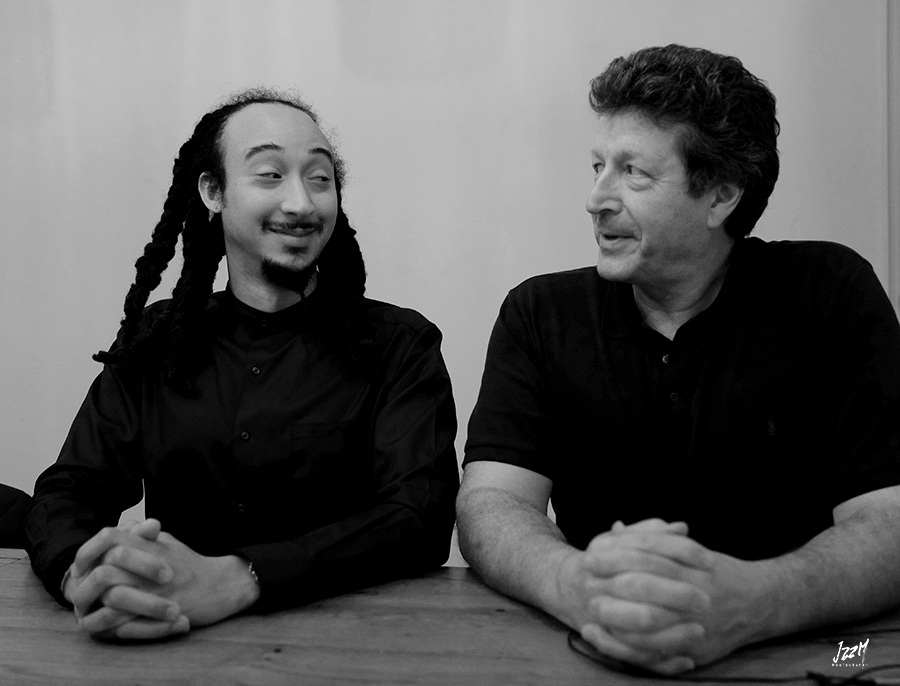 Star People Nationest is an Okeh/Sony. album.(Released May 17 ).
Star People Nationest is an Okeh/Sony. album.(Released May 17 ).
Théo Croker will be in Germany, Switzerland and at Chamonix (France) during July.
©Photos Patrick Martineau 2019
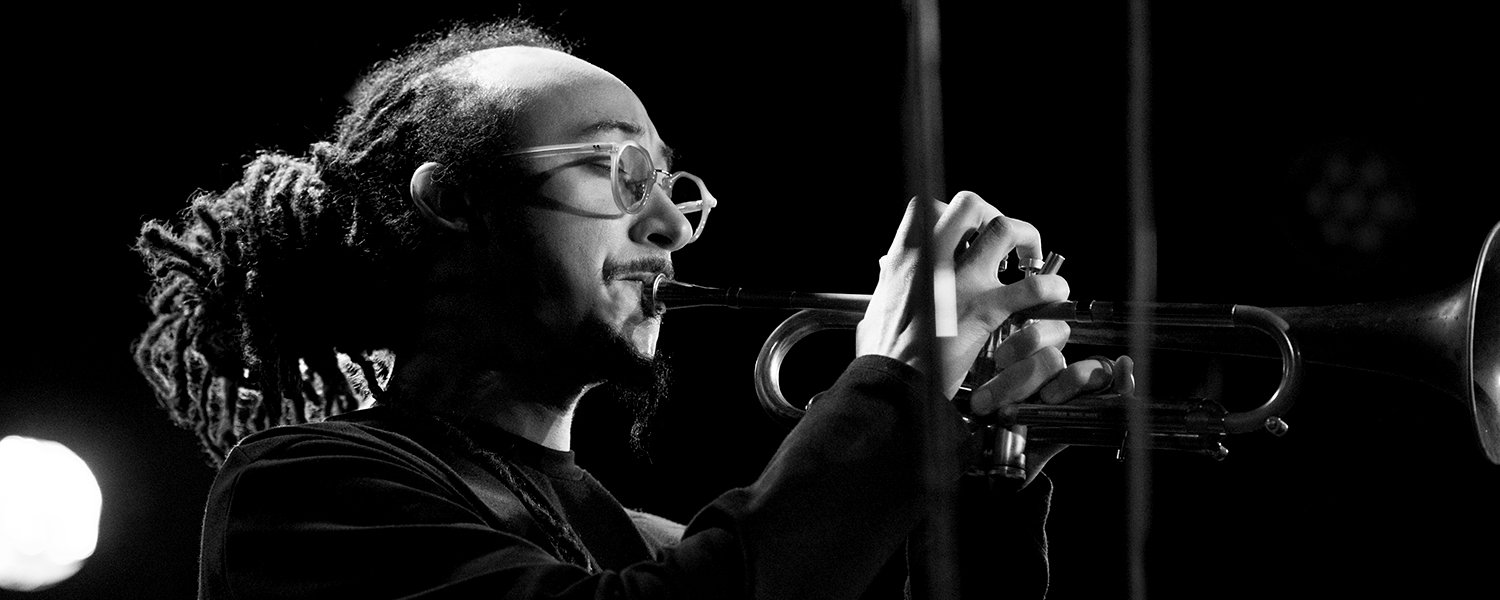
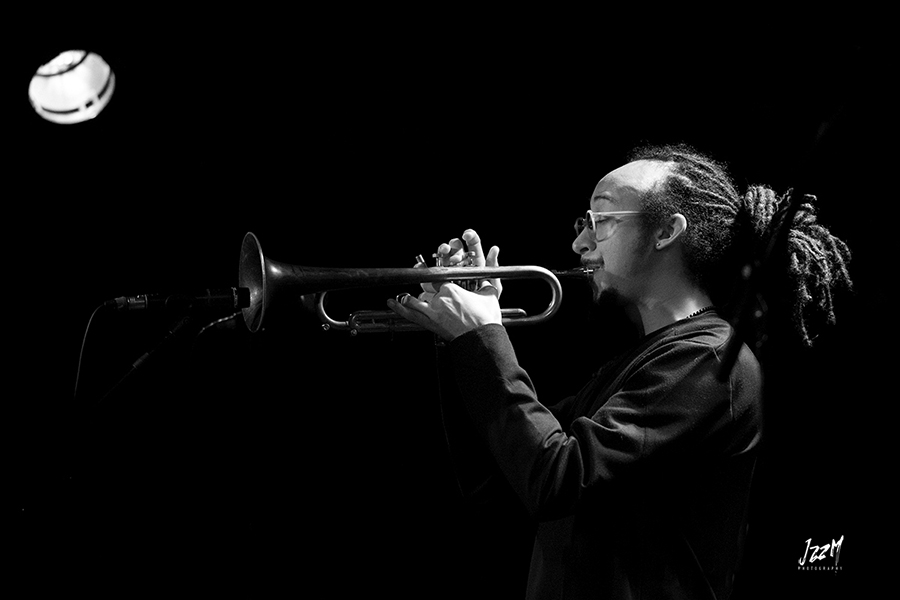
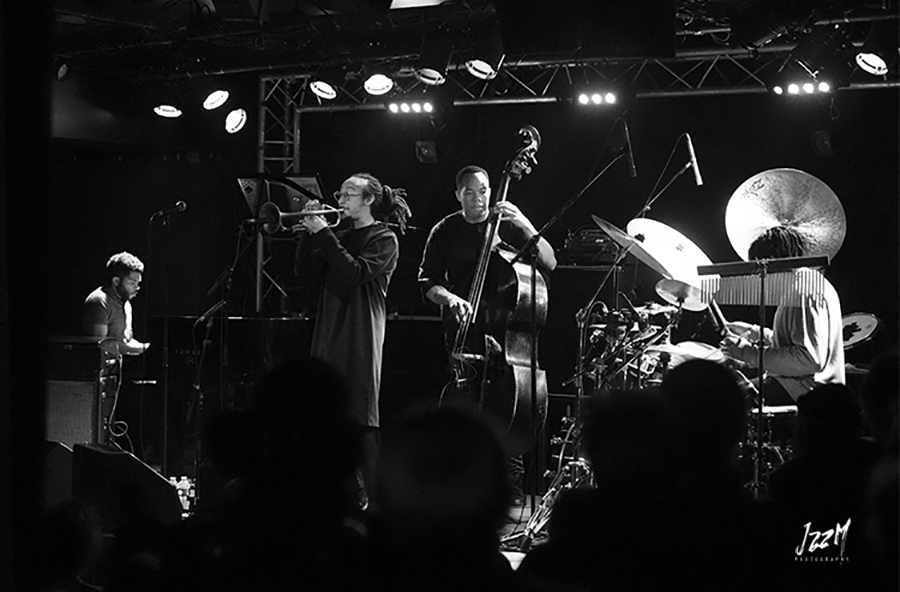
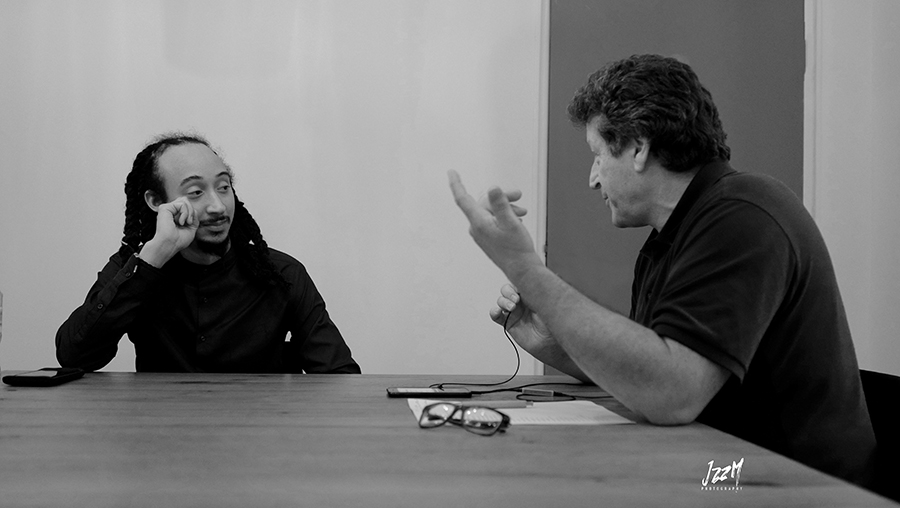
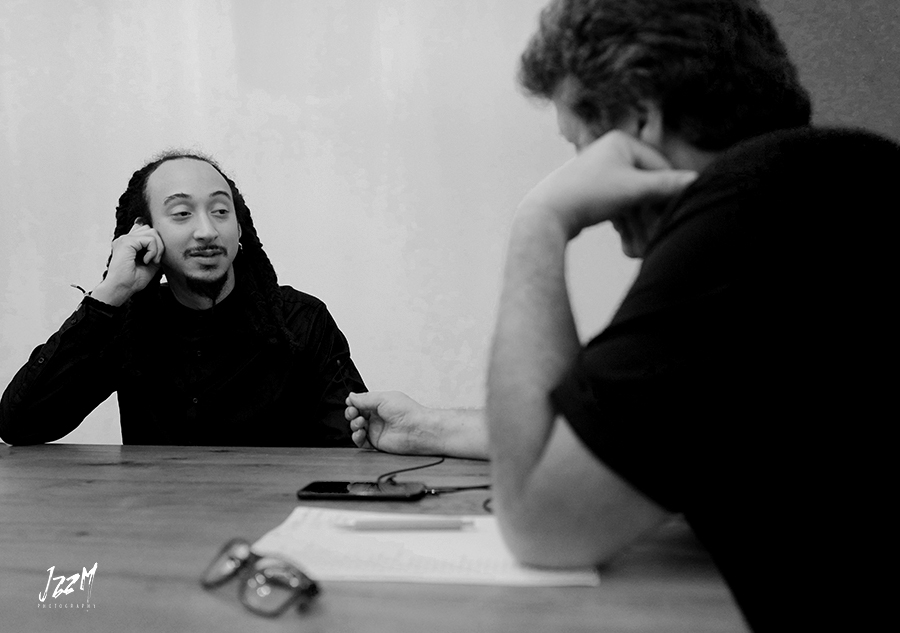
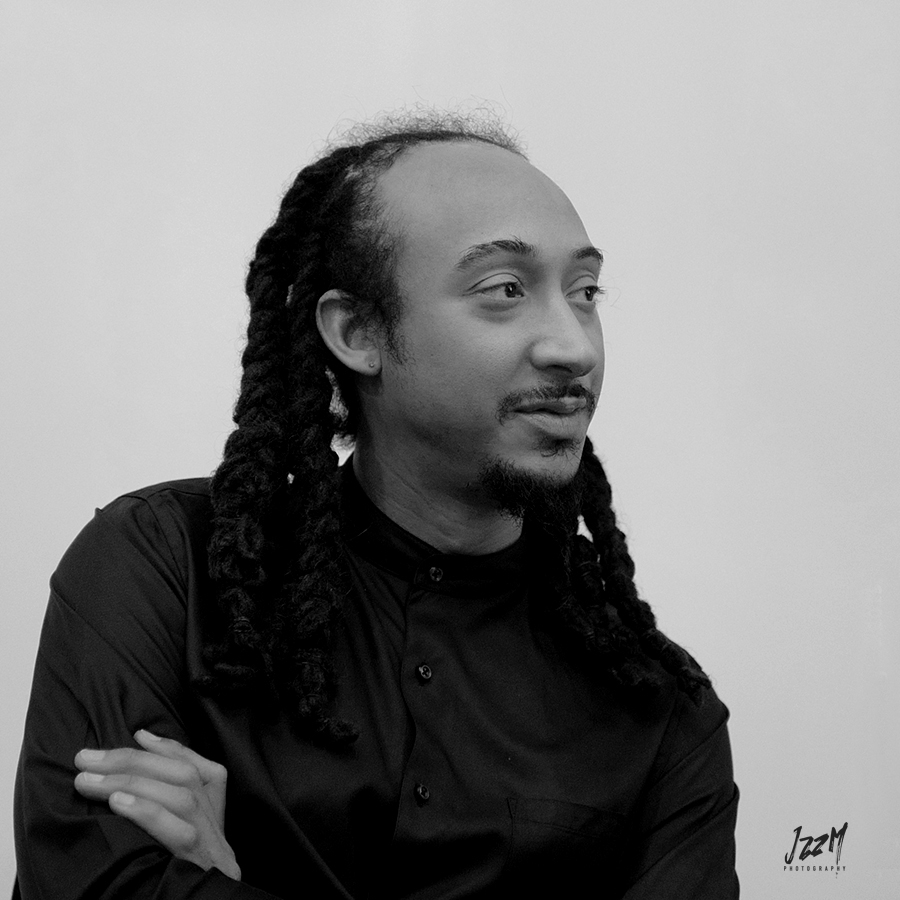

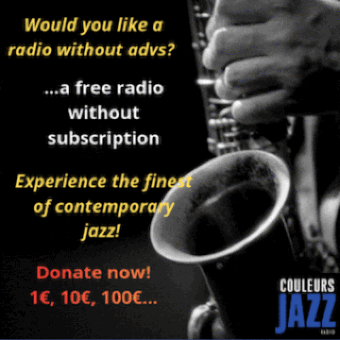
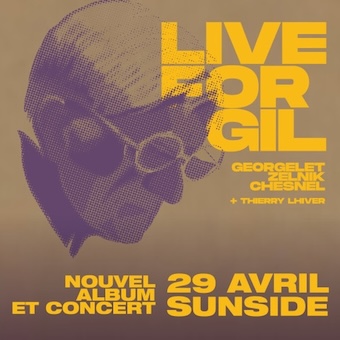
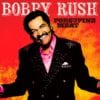

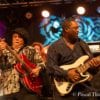
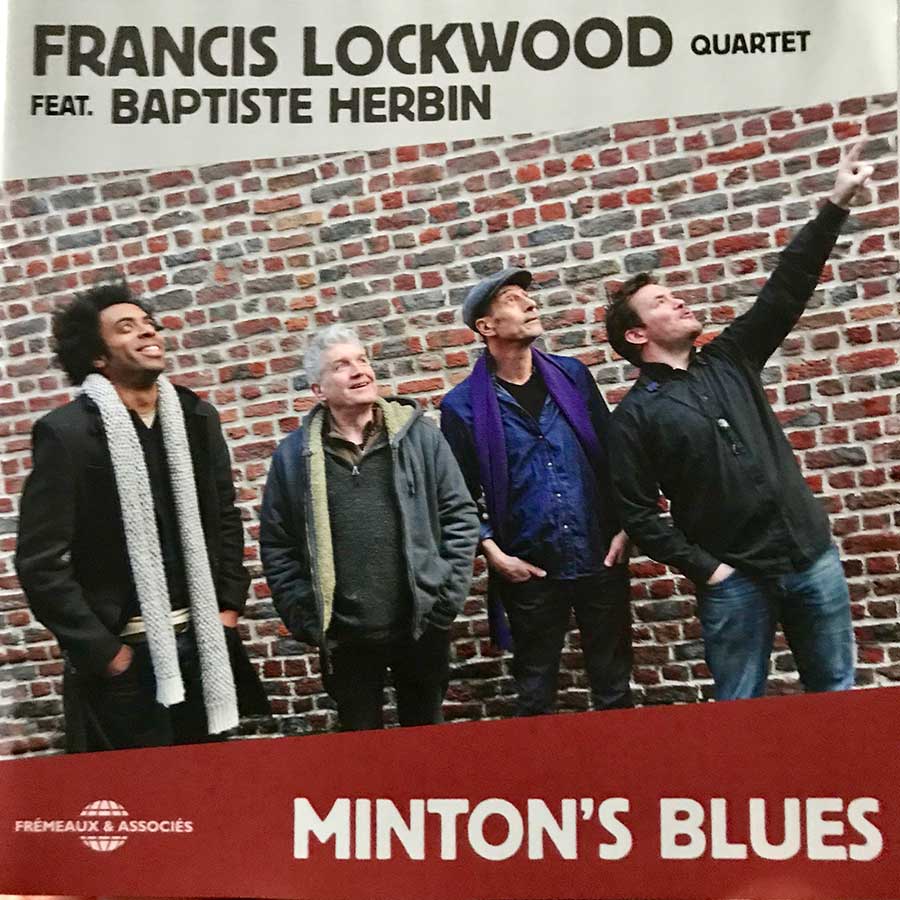

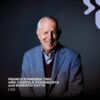
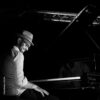

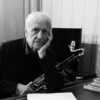
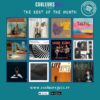
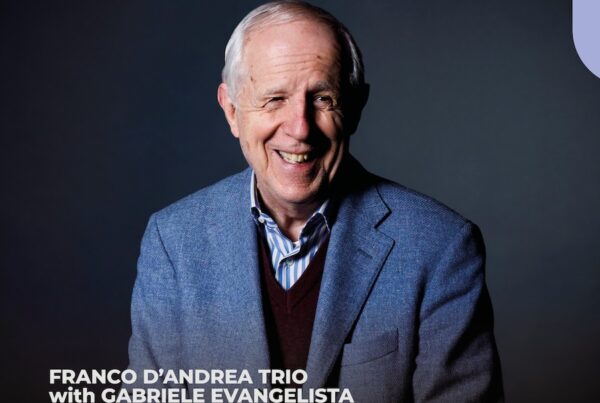
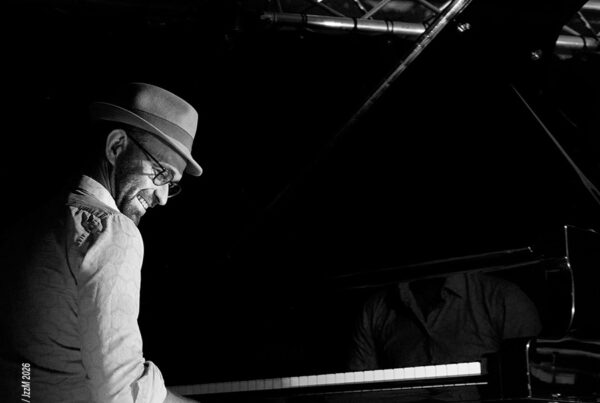
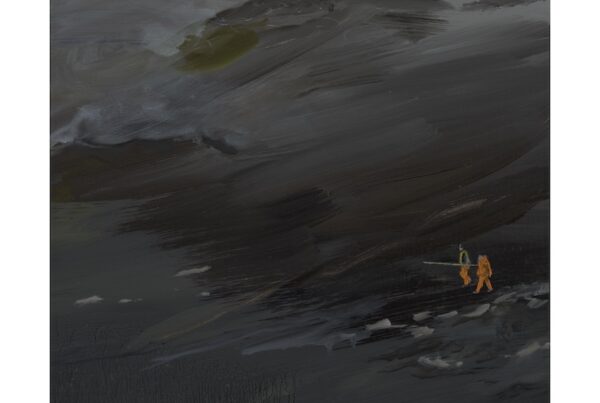


RECENT COMMENTS